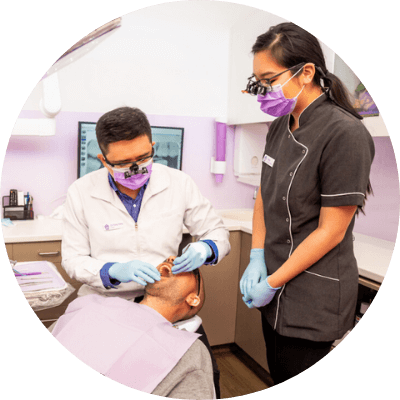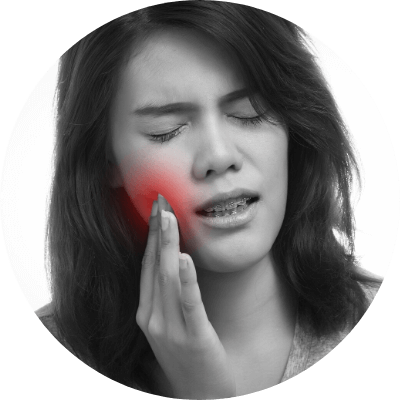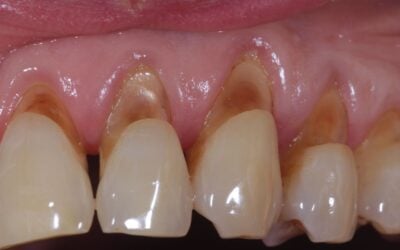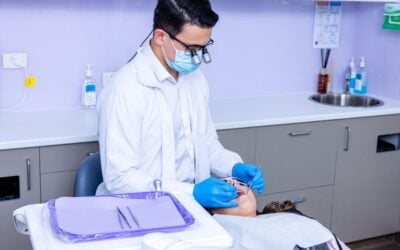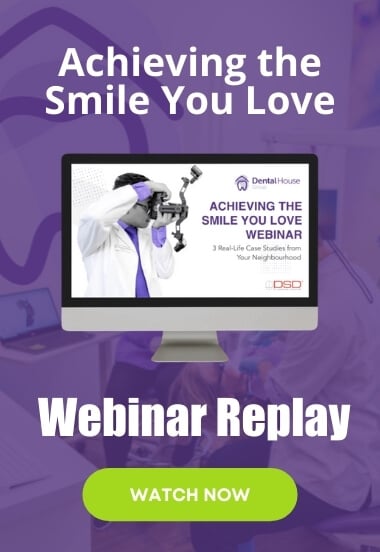What is Pericoronitis: Might You Have It Already?
What is Pericoronitis: Might You Have It Already?

Well, if wisdom impacts upon our ability to comprehend big words this may be so. You see, pericoronitis is the swelling of the gum tissue around our wisdom teeth. These molars are our third teeth, coming in our late teens or early twenties. Wisdom teeth are strange things and their eruption can be very painful for some. The getting of wisdom is often accompanied by struggle and discomfort in more ways than one.
Pericoronitis & The Getting Of Wisdom
This condition may develop around one or more of your wisdom teeth. It occurs when the tooth is partially impacted or trapped under the gum tissue. It is more prevalent in our lower wisdom teeth. An impacted wisdom tooth can result in a gum flap forming on top of it. This operculum will, in most instances, cover the tooth crown. Unfortunately, detritus from food gets trapped underneath and bacteria grows which can cause infection. This is a fairly common problem for those in their twenties, as this is the age group most impacted by wisdom teeth issues.
Symptoms Related To Pericoronitis
This condition can be classified into two distinct forms: Acute pericoronitis and chronic pericoronitis. The acute version is indicated by symptoms such as:
- Severe pain emanating from back molars.
- Fever
- Red inflammation of gums
- Swallowing difficulties.
- Pus seepage
- Lockjaw
- Facial swelling
- Lymph node swelling in neck.
Chronic pericoronitis symptoms include:
- Bad taste in mouth
- Bad breath
- Mild & intermittent rear teeth aches.

Treating Pericoronitis
Depending upon the severity of your condition there are a variety of treatment methods for pericoronitis. Proper brushing of your teeth and gums is first recommended for those with the most mild manifestation of the problem. We can all do with an examination of our brushing technique in light of these conditions adversely affecting our gums. Too many of us brush our teeth by rote and fail to properly apply ourselves to the process. Spend more time with greater attention applied to what you are doing and attempting to achieve.
Consult your dentist about your possible pericoronitis and what you can do about it. Your dentist will flush out the area around the impacted wisdom teeth and may recommend a special antibacterial mouthwash and/or antibiotics if required to fight the infection.
In some instances, the dentist may remove the gum flap to free the crown of the wisdom tooth. This surgery may be done with local anaesthesia and usually takes less than an hour. Talk to your dentist about your preferred level of sedation in such cases.
Wisdom Teeth & The Roots Of The Problem
Wisdom teeth are funny things, but not in the humorous sense. They connect us with our ancient roots. These hard bits with very deep roots of their own have powerful psychological associations for many of us. Hands up who has had the dream or nightmare when all your teeth fall out? It is a most distressing experience and illustrates our subconscious link to our teeth. Not everyone gets wisdom teeth and some only get 3, 2, or 1 instead of the 4. Anthropological theories postulate that these teeth were important replacement molars back when we chewed really tough stuff and wore out our teeth. Now, that we mainly eat cooked and soft foods, we do not wear out those back teeth and, thus, there is little or no room for these replacement teeth. Therefore, many of us end up with impacted wisdom teeth and conditions like pericoronitis.
Serious Ramifications of Pericoronitis
If left untreated, in the more serious cases of this swelling of the gum tissue around impacted wisdom teeth, the outcome can be serious. Infection if it spreads untreated through the body can be life threatening. In more rare circumstances, the tissue around the wisdom tooth can develop cysts or tumours. The removal of impacted wisdom teeth is, generally, recommended, as they will not become functional due to the lack of space within the mouth and jaw.
Wisdom Tooth Removal
The timing of wisdom teeth removal is something that most dentists take into consideration when recommending this procedure. The age of the patient is a factor due to the influence this has on the surgery. Too young and there may be issues around the teeth being too deeply embedded in the jaw. Too old and there may be complications around the healing process. Those in the window around 18-25 are recommended for extraction with less complications and lower risks.
Some of the risks associated with this surgery include such conditions as dry socket or alveolar osteitis. This is excessive inflammation in the socket of the wisdom tooth caused by a failure to maintain a blood clot in the extraction socket. This problem is more common in smokers, so it is recommended not to smoke in the lead up to the surgery and following it until the socket has healed.
Damage to nerves during the surgery can occur in a few instances. This can result in temporary numbness to lip and chin. Taste and tongue can be similarly affected in these poor surgery outcomes. In rare cases the damage can be permanent.
Post-operative infections are possible in any surgical procedure. Your surgeon will advise you if there are signs of infection and prescribe antibiotics to treat this.
So this is what pericoronitis is: and still you may ask yourself, might you have it already? As we have seen, there are levels of inflammation and possible infection to be aware of. Proper care of your teeth and gums via brushing and flossing is the first port of call in preventing and treating mild instances of this condition.
Mouth wash for flushing out of trapped food detritus reduces bacterial build ups around your gums.
See your friendly local dentist for best results in dealing with all such conditions and your oral hygiene more generally.
DISCLAIMER:
The content has been made available for informational and educational purposes only. New Gisborne Dental House does not make any representation or warranties with respect to the accuracy, applicability, fitness, or completeness of the content.
The content is not intended to be a substitute for professional personal diagnosis or treatment. Always seek the advice of your dentist or another qualified health provider with any questions you may have regarding a dental or medical condition. Never disregard professional advice or delay seeking it because of something you have read or seen on the Site.


